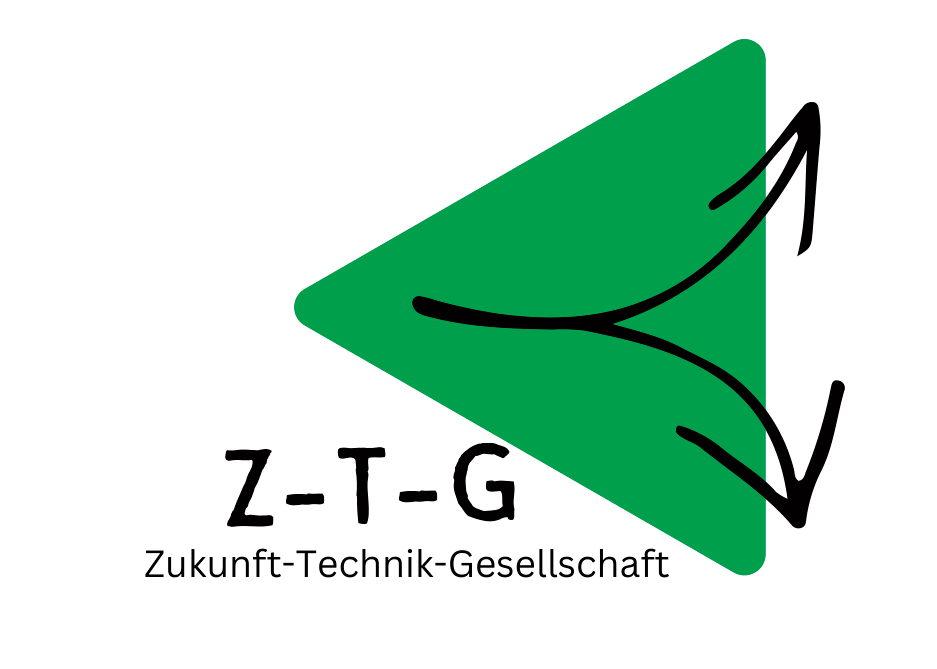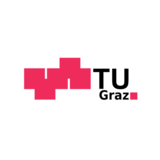The term "discourse analysis" covers a range of methods for researching social discourse phenomena. The question here is which actors shape the way society thinks about certain things. Discourse network analysis (DNA) is a method in this area that uses qualitative content analysis of text files (e.g. newspaper articles) to show which topics are discussed by which actors and with which messages. The elements of the content analysis (actors, topics, etc.) are also presented as a network. Polarizations, coalitions, clusters, opinion leadership or controversies can thus be visualized and made accessible for interpretation.
DNA was developed and clearly described by Dr. Philip Leifeld:
As part of the Z-T-G, DNA has been used in the project Z-T-G 002 Hydrogen for stakeholder analysis as well as in a student project as part of our teaching activities.


